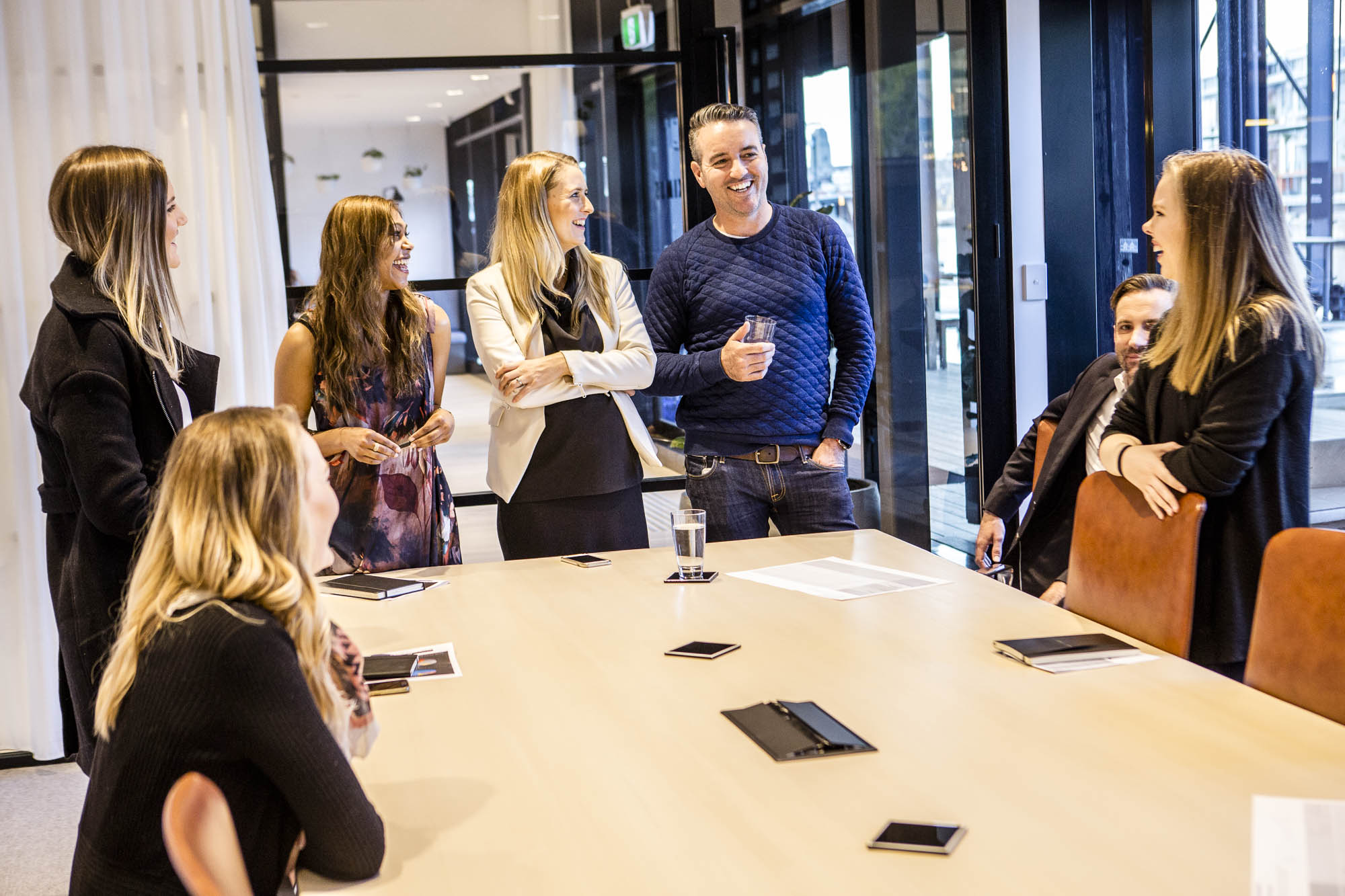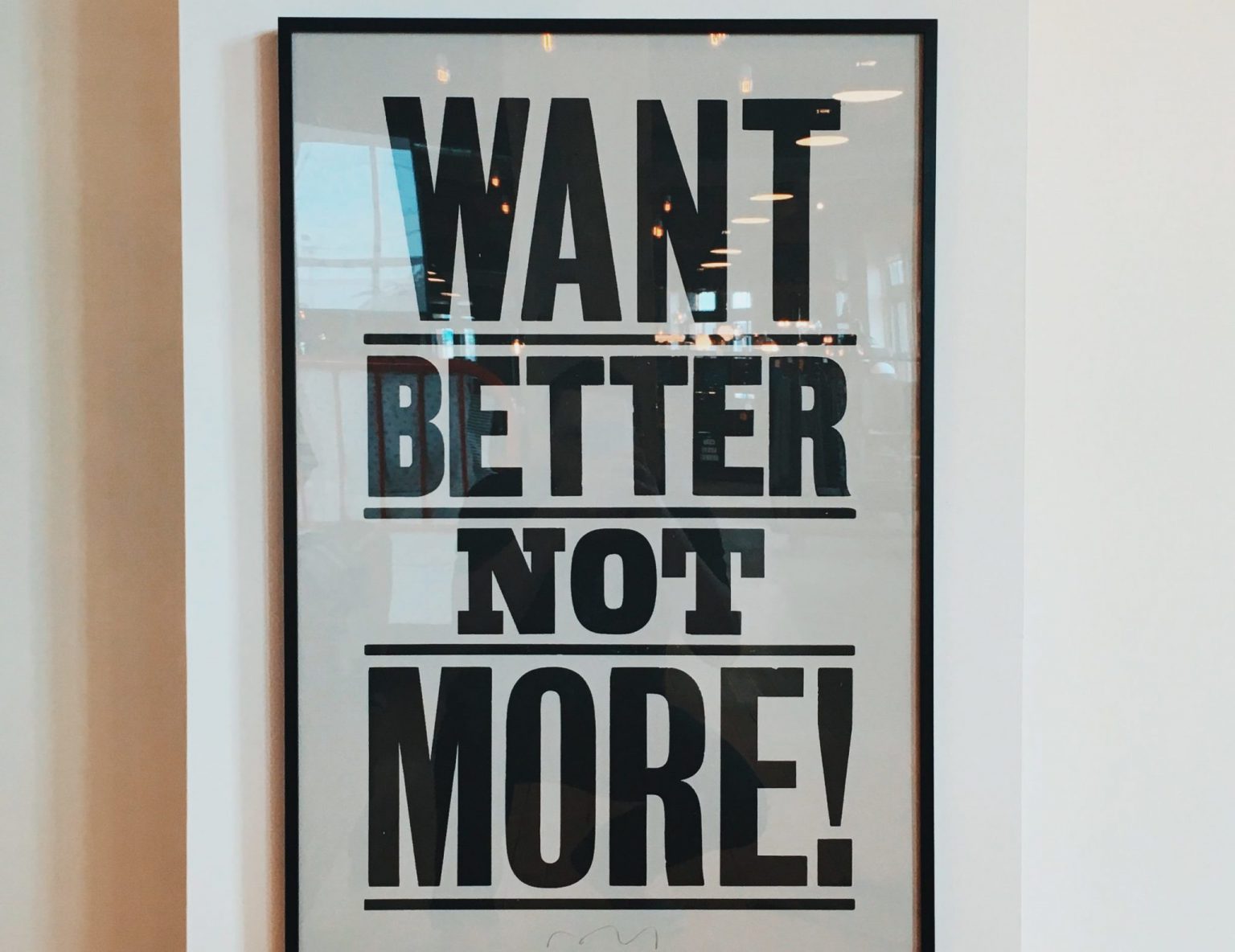
Foresight
Now is the time to exercise our muscle of foresight. Operating in the midst of a health and economic crisis has challenged and continues to test our ability as leaders.
Our ecosystem of leadership experts are galvanised by one purpose: To move minds and transform businesses and leave a legacy of proven value. As a team that is drawn from different backgrounds, including psychologists, strategy and commercial advisors, culture specialists and performance experts, we turn beliefs into a movement, transforming organisations and the leaders within.

Now is the time to exercise our muscle of foresight. Operating in the midst of a health and economic crisis has challenged and continues to test our ability as leaders.

Observation of successful leaders coupled with statistical evidence from the likes of Daniel Goleman (Emotional Intelligence) support Kotter’s assertions on the seminal importance of communication. However, many executives with leadership aspirations struggle to communicate effectively.

Dr Kimberley Norris, Clinical psychologist, and Associate Professor at the University of Tasmania spoke with Maximus, sharing her views on adaption in a rapidly changing environment and the implication for leaders preparing for re-entry during COVID-19.

When I ask for examples of ‘creatives’ in a business context, most CEOs refer to graphic designers, advertising copywriters or jingle writers. They never consider that they could be — and should be — creative thinkers themselves. They are surprised when I tell them that leaders who abdicate responsibility for creative thinking to a few people in defined roles are limiting the potential of their organisations.

At Maximus, our business aligned to a set of tightly held truths. One of those truths is what we call being “all in”. To us, being all in is about being purposeful, immersed and great at delivering on promises.

If you and your business stand still, neither will survive. The only way to keep up is to have an enterprise mindset. Leaders with an enterprise mindset treat their organisations’ functions, geographies and systems as interconnected and interdependent parts of a cohesive structure with one goal: delivering what their customers want

Visionary executives create energy by pulling the future forward and forging their own pathway to the future.

Traditional corporate learning doesn’t leave much to the imagination. The usual classroom-led courses and 70-20-10 mindset are familiar reminders of what corporate learning means to most employees. During these learning experiences, we hope that employees take away as much knowledge as possible and utilize it to not only make them better performers, but also better human beings.

Australian oligopolies are falling under the onslaught of offshore alternatives, digital offerings, and more nimble competitors. Learn from organisations that are successfully disrupting themselves, even while they are still at the height of success.

As industry experts, Maximus knows strategy. So, we have compiled a list of 19 books we recommend, to change the way you think about strategy and develop your leadership capability.

Human resources has gotten caught up in a flurry of systems and processes. That overzealous desire for order and regulation belongs anywhere but in an organisation’s social hub. Excuse the psych jargon, but this is a prime example of Stratified Systems Theory. In other words, processes that are fundamentally human are getting policed with too much structure and complexity, making them disorienting and ineffective.

Wellbeing is attracting increasing attention and investment, whilst trends such as an increasingly global competitive market and rapidly changing technology pose significant threat to our wellbeing. In this white paper we provide evidence-based suggestions for leaders to cultivate a a thriving organisation, ensuring they stay globally competitive.

Commencing our Black Swan series of events, Maximus Managing Directors discuss the criticality of purpose, conviction and culture as we navigate asynchronous re-entry across the country.

Algorithms are replacing relationships and instinct in talent management, but not every CEO likes the idea of using digital tools to make people decisions. Of all the decisions a CEO makes, ensuring the right people are successfully recruited, retained and rewarded has the most impact on business growth. Unfortunately, it’s getting harder to find those people.

Vanessa Gavan, Maximus’ Founder & Joint Managing Director, features in QANTAS Magazine, alongside Chief Officers and Partners from McKinsey, Boston Consulting Group, Deloitte and EY, in a special business and technology report.

Employee engagement doesn’t just mean making every worker happy or getting high scores in staff satisfaction surveys. It means ensuring everyone is invested in the company’s success, understands the part they play in it and is willing to do their best. Find out how.

All the main indicators show that our economy is slowing down. With social, political and technological disruption impacting markets around the world, challenging times lie ahead for Australia.

It’s time for Australian companies to take a more disruptive approach to developing new-economy leaders. The first in this 3-part series highlights the need for more innovation.

In part 1 of our ‘Shaping our future post COVID-19’ livestream, we challenged leaders to create the future instead of predicting it.

Concluding part 3 of our ‘Shaping our future post COVID-19’ series, we review the three leadership approaches that are currently playing out in market; protecting, progressing, or stuck in the in-between.

Two leaders give their perspectives on how seeing your people and your opportunities clearly, will enable success during tumultuous times.